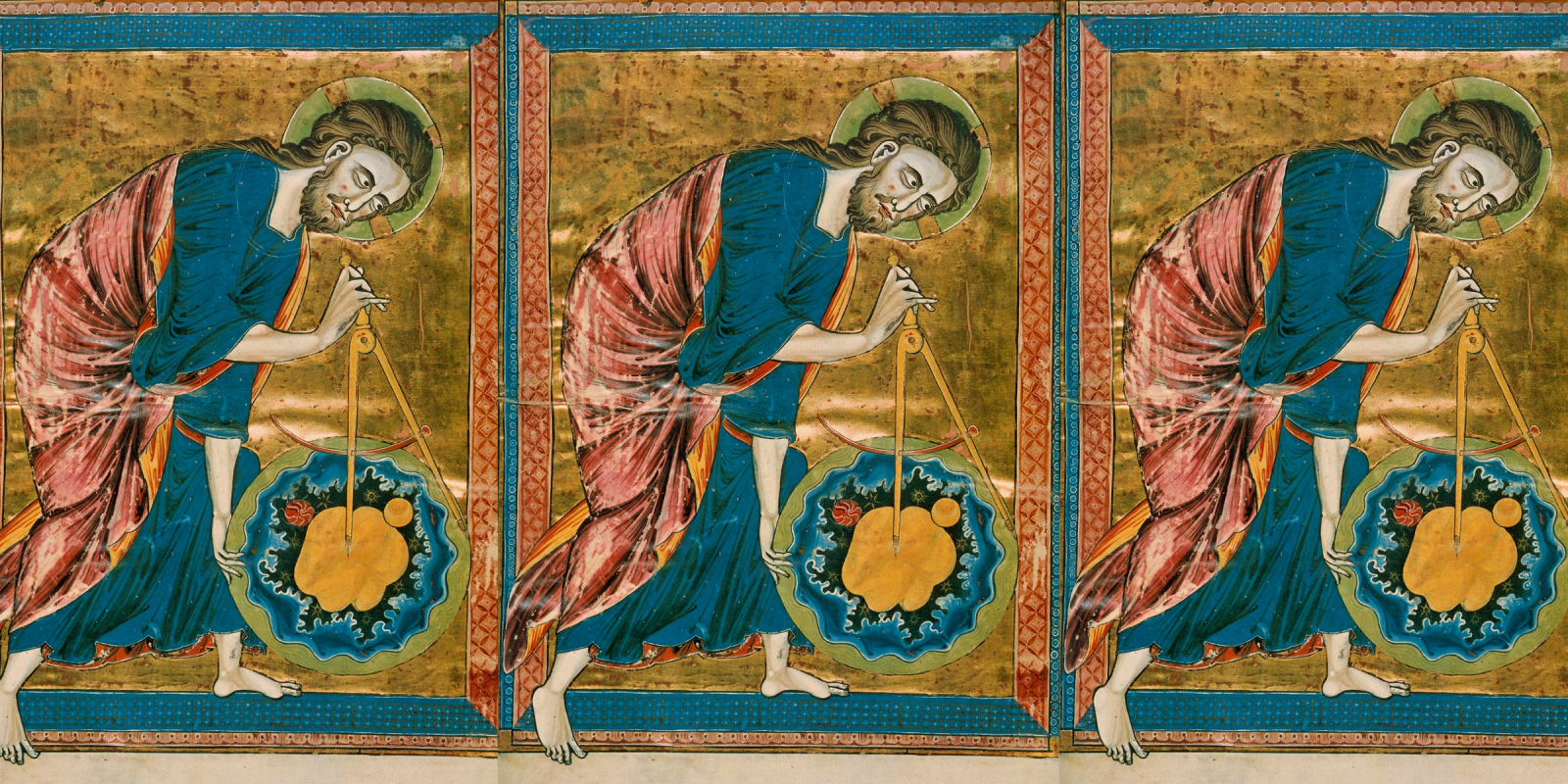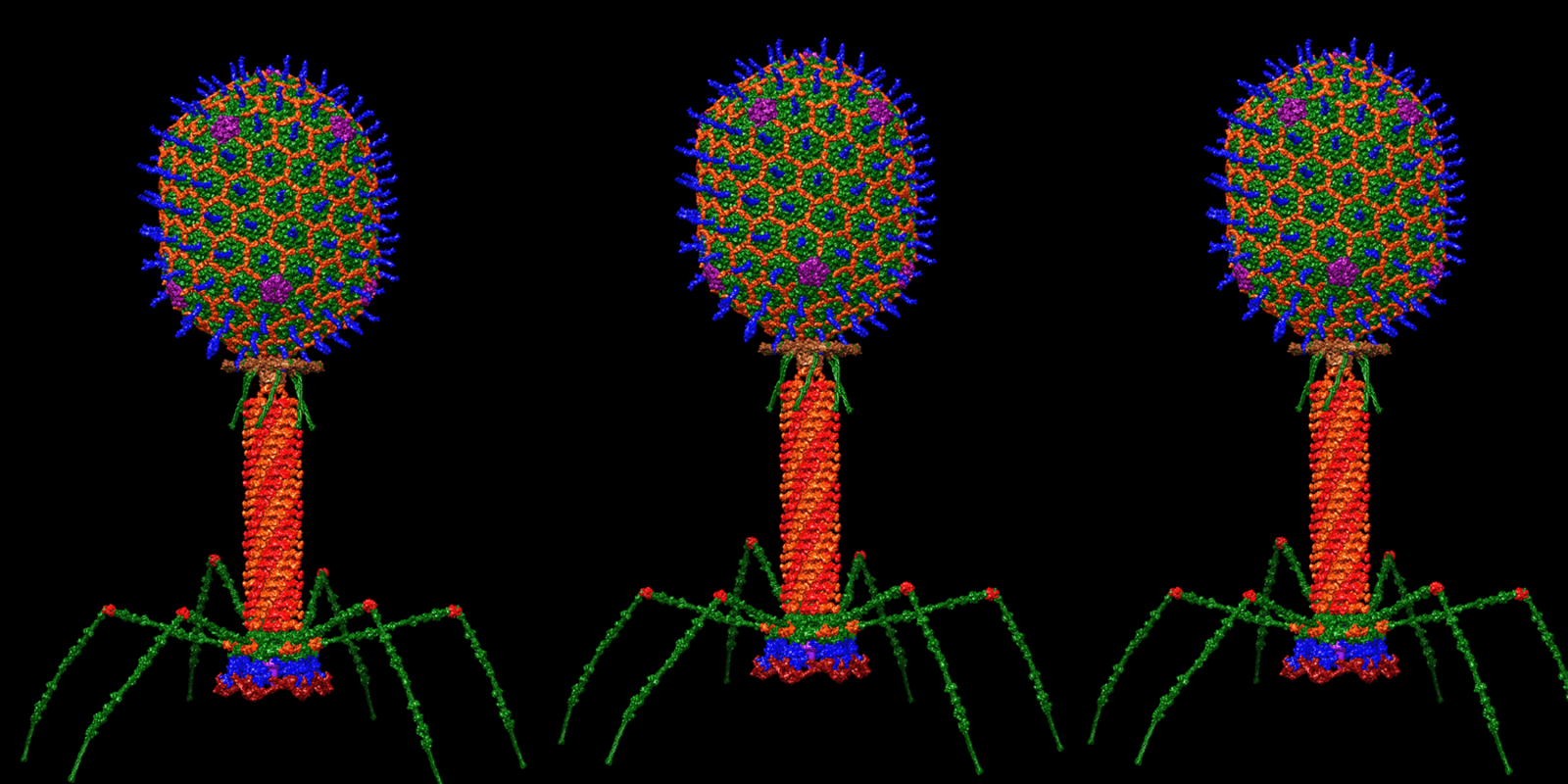
Did U of Tokyo Just Solve the Mystery of Life’s Origin?
On this ID the Future, Brian Miller, research coordinator for the Center for Science & Culture, reports on laboratory research recently presented in Nature Communications and in a University of Tokyo press release— research that supposedly provides dramatic “new insights into the possible origin of life,” and specifically “the molecular evolution of RNA.” The popular press picked up on these claims and ran with them, including in this May 5 Quanta article that breathlessly reported, “When researchers gave a genetic molecule the ability to replicate, it evolved over time into a complex network of ‘hosts’ and ‘parasites’ that both competed and cooperated to survive.” Miller says nothing remotely this dramatic occurred in the experiment. He insists there were no great revelations from this laboratory work, aside perhaps from it further corroborating the view that precisely orchestrated interventions of an intelligent designer (in this case, that of the lab researchers) are required in order to make any headway on the road from non-life to life. But as Miller’s conversation with host Eric Anderson suggests, even that might be to exaggerate what the University of Tokyo experimenters accomplished, since the RNA “evolution” they achieved was actually devolution. Tune in as Miller and Anderson break it down. And for more, check out Miller’s Evolution News article on the subject.







